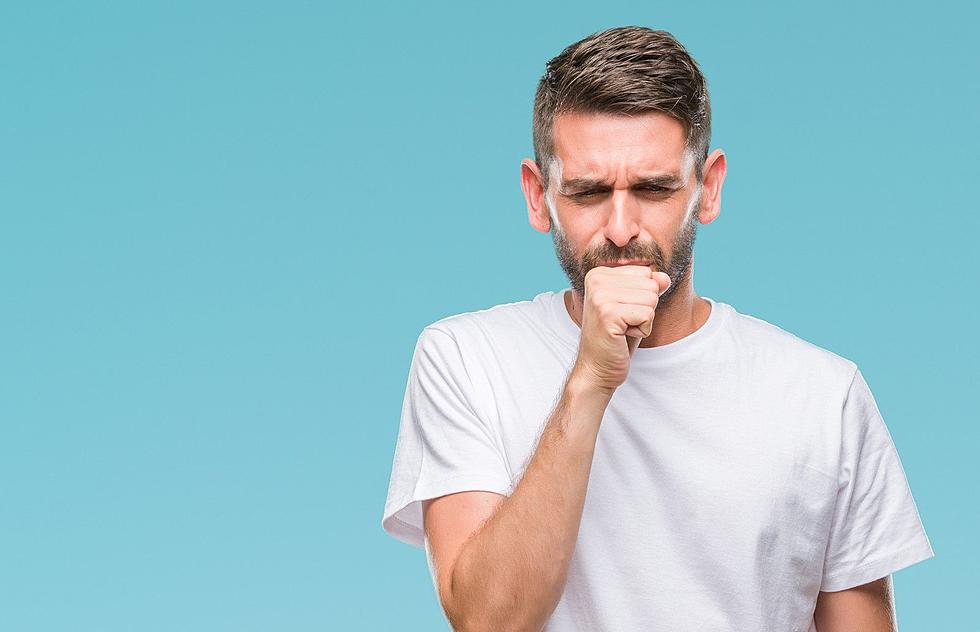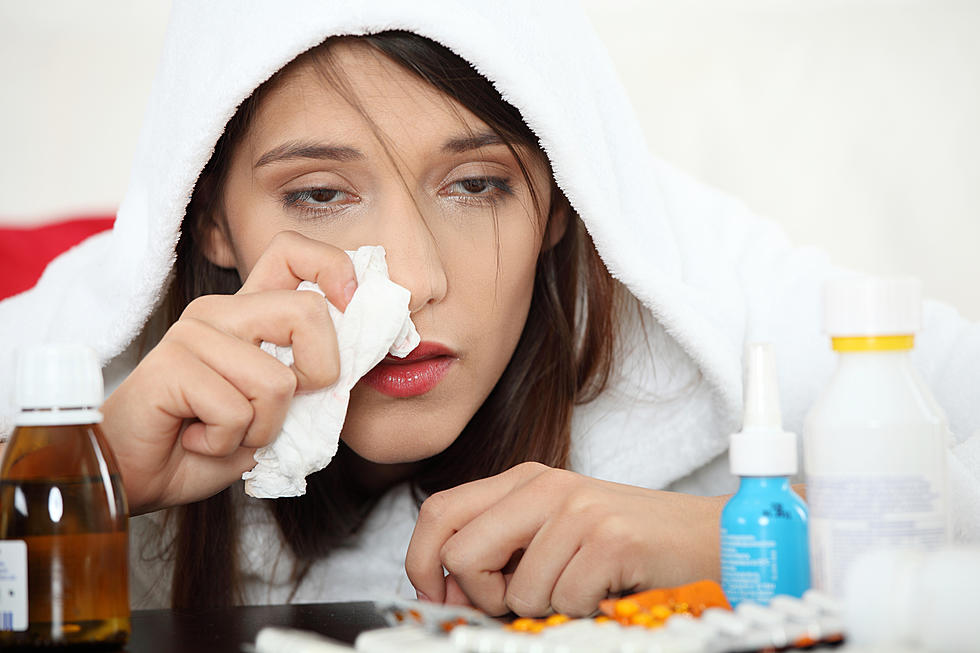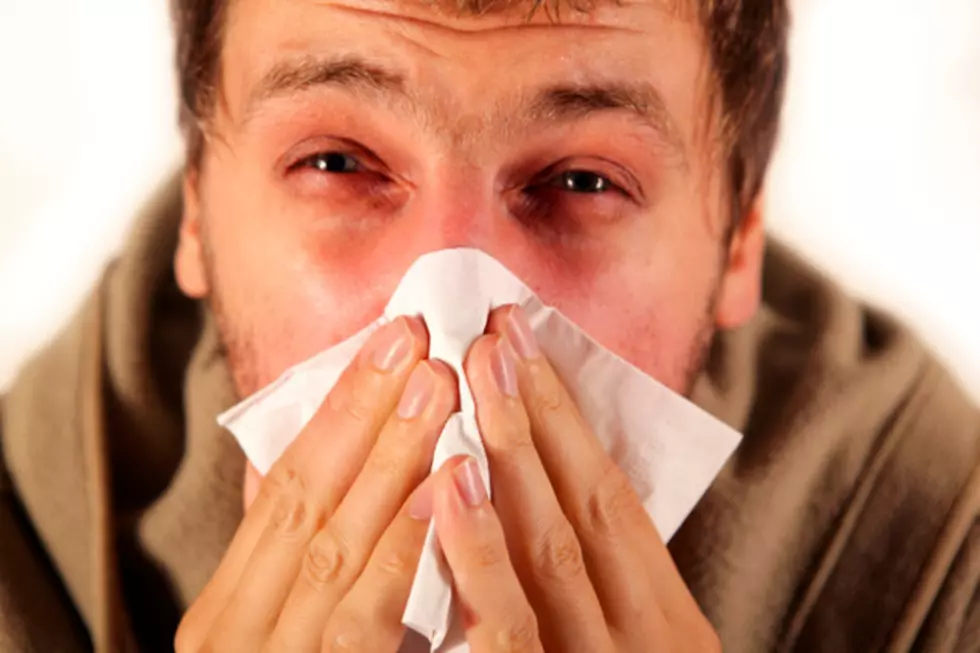
Jersey Shore University Medical Center using U.V. technology to kill germs
Jersey Shore University Medical Center is tackling the flu epidemic from multiple angles, including a new one that features U.V. Ray technology.
According to statistics compiled by Public Relations and Communications Manager Donna Sellman, between January 1 and February 12 of 2017 313 people were diagnosed with the flu with 44 of them being admitted.
Over that same time period here in 2018, 760 have been diagnosed with 109 being admitted for further care.
The cleanup after a patient has been discharged is now guided by U.V. lighting.
"We use it for units where we have a lot of isolation, so with every discharge those rooms are treated," Infection Prevention Manager Susan Hanrahan said. "They're rooms where a patient has had an extended length of stay and we use it for an influx of infectious diseases out there in the community, such as flu right now."
Hanrahan says while these lights remove pathogens from hard to reach spots, they still need the mops and towels.
"It's important that we remove the bulk with our manual cleaning and disinfection but the U.V. light gets into the nooks and crannies that perhaps the mop and washcloth can not," Hanrahan said.
Using various cleaning supplies, mopping and wiping things down thoroughly help prevent the spreading of dangerous pathogens and germs, but the U.V. lighting provides a much needed boost.
"The U.V. light is like rays that disseminate through the room and are triangulated so that it gets all the surfaces, angles and nooks and crannies," Hanrahan said.
She says U.V. light disinfection helps kill more germs left behind by a patient in whatever department they use it in.
"Adding U.V. light to our chemical, cleaning and disinfection program is really ensuring that when the room is opened up for the next patient, that environment of care is safe for that patient," Hanrahan said who adds that they're currently using the Surfacide technology you can see below.
(Article continues below video)
(Courtesy of Surfascide)
You likely don't have this U.V. Technology at home, but Hanrahan says stick to the basics to ensure germs won't spread.
"Washing your hands and refraining from touching your face because your eyes, nose and mouth become a portal of entry for hands contaminated with germs," Hanrahan said.
She says wipes also help, but be sure not to dry the surface afterwards with something like a paper-towel.
"You have to let the chemical do its job and actually kill the pathogens that are on the surfaces you're trying to disinfect," Hanrahan said.
She adds that the surface has to remain wet so the contents of that wipe can effectively kill the germs.
More From WOBM:
More From Beach Radio









